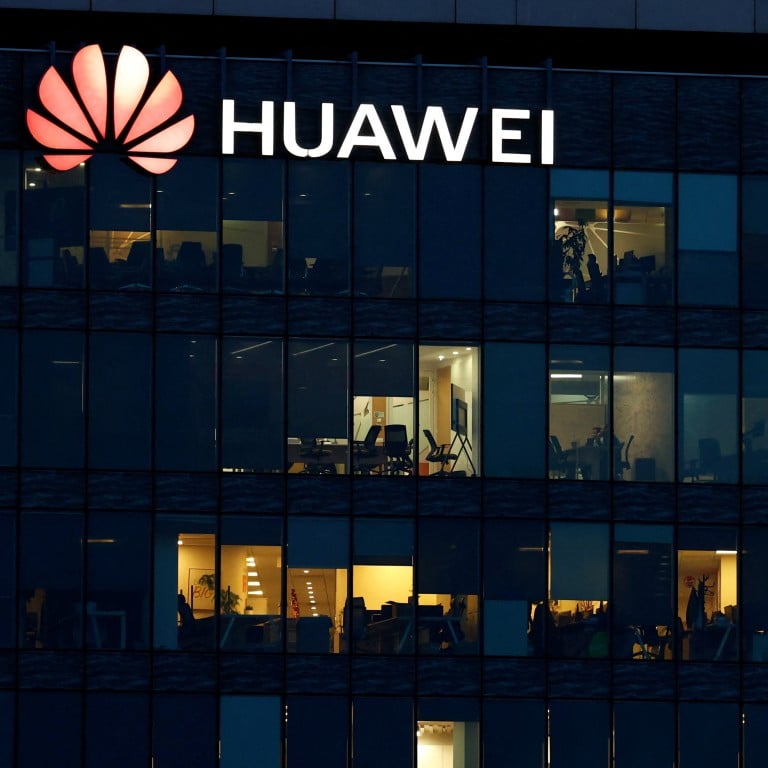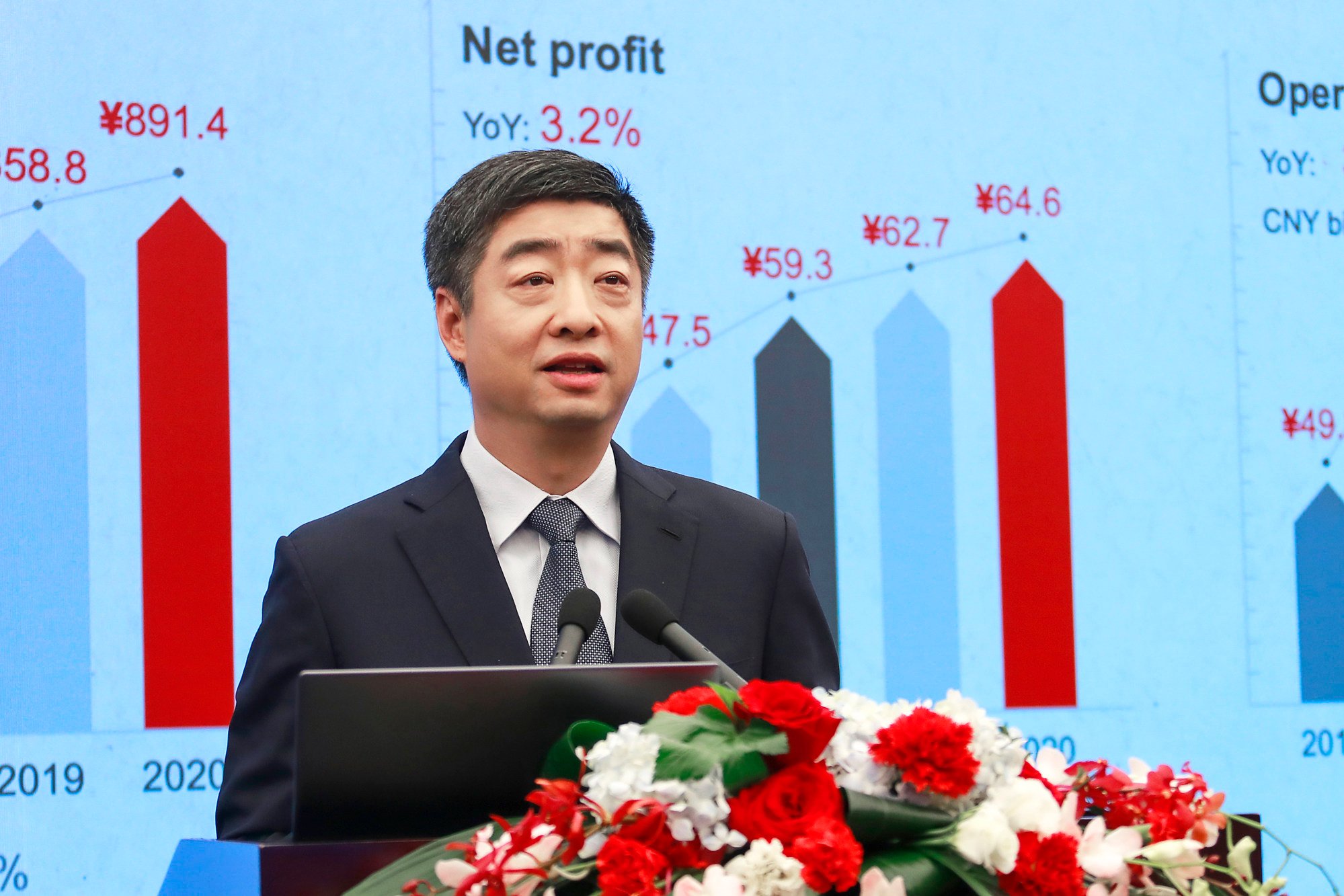
Huawei’s cloud unit banks on booming AI demand with global footprint expansion in Europe and Middle East
- Huawei is expanding cloud services to Egypt in March and will soon open an AI cloud computing centre in Hong Kong, its first outside mainland China
- Cloud computing has become a key source of revenue diversification for the telecoms equipment giant since US sanctions hobbled its smartphone business
Huawei plans to open a new local cloud service in Egypt next month, adding to its 85 availability zones across 30 regions globally, according to executives at the company’s cloud summit in Barcelona, Spain, on Sunday, ahead of Monday's opening of telecoms industry trade show MWC Barcelona 2024. The Shenzhen-based firm will also soon launch its first AI cloud computing centre in Hong Kong, the company's executives said.
“At Huawei Cloud, AI is a key strategy,” said Jacqueline Shi, president of Huawei Cloud global marketing and sales service. “We’re building a solid cloud foundation for everyone, for every industry, to accelerate intelligence.”
Huawei chases cloud clients in South Korea as users hold onto Samsung phones
Huawei’s expansion in cloud computing has formed part of its ongoing efforts to forge deeper ties with traditional industries and corporations as it seeks to diversify revenue streams. The US has put multiple sanctions on the company since May 2019 when it was added to Washington’s Entity List, which cut off its access to critical American technologies and all but killed its lucrative global smartphone business.
Huawei’s cloud sales reached 45.3 billion yuan (US$6.3 billion) in 2022, after seeing rapid growth outside China, according to the company. Its cloud business saw steady growth last year, according to a new year’s message by Huawei’s rotating chairman Ken Hu Houkun in December.
The company is the second-largest cloud services provider in China, according to research firm Canalys, and it has been steadily expanding its global footprint. Last year it opened new data centres in Turkey and Saudi Arabia.

At the opening ceremony last September for the data centre in Riyadh, capital of Saudi Arabia, Huawei promised to support 200,000 new developers in the country, and work with 1,000 local partners and 2,000 start-ups through its cloud computing services over the next five years.
Huawei also saw the number of its cloud partners in Europe quintuple last year. It pledged to support the growth of 1,000 European start-ups through cloud services in the next five years.

